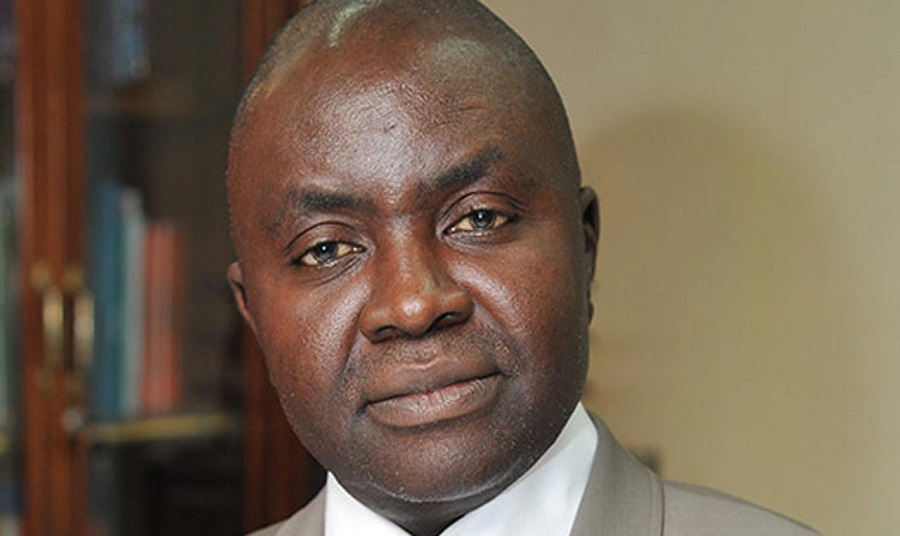The Federal Government has to address the security concerns disrupting agricultural activities, reform the foreign exchange market, reduce volatility and stimulate forex inflows.
This was disclosed by Dr Muda Yusuf, Founder/CEO, Centre for the Promotion of Private Enterprise (CPPE) via a statement issued on Tuesday after the Central Bank of Nigeria’s Governor, Godwin Emefiele announced that the interest rate was increased to 13%.
According to him, the new interest rate of 13% is expected to further reduce the access to credits by business owners from Nigerian banks.
Highlights of CPPE’s recommendations
- Address the security concerns disrupting agricultural activities.
- Reform the foreign exchange market to stabilize the exchange rate, reduce volatility and stimulate forex inflows.
- Address forex liquidity issues through appropriate policy measures.
- Fix the structural problems to boost the productivity and competitiveness of domestic firms.
- Address the challenge of high transportation and logistics costs.
- Reduce fiscal deficit monetization to minimize the incidence of high-powered money in the economy.
- Manage climate change consequences to reduce flooding and desertification.
- Ensure the restoration of normalcy and good order at the ports of the nation to reduce transaction costs.
- Reduce import duty on intermediate products and raw materials for industries to reduce production costs, especially in the light of the sharp depreciation in the exchange rate.
- Address concerns around high energy costs.
- Create an investment-friendly tax environment to boost investments and output in the economy.
What CPPE is saying about the new rate
He said: “The outcome of the MPC meeting was not unexpected having regard to the intense inflationary pressures, the increasing risks to price stability and the policy tightening trend by Central Banks globally. The primary mandate of the CBN is price stability.
“Numerous headwinds had posed significant risks to this critical CBN objective. Some of these include the surge in commodity prices and impact on energy costs, the spike in domestic liquidity from electioneering related spending and global supply chain disruptions.
“The hike in MPR by 150 basis points to 13% by the MPC is therefore understandable. But whether this would significantly impact inflation is a different matter. Already, bank lending has been constrained by the high CRR [many operators in the sector claim that effective CRR is as high as 50% or more for many banks], the discretionary debts by the apex bank, the 65% Loan to Deposit Ratio [LDR] and liquidity ratio of 30%. The lending situation in the economy is already very tight.
“The Nigerian economy is not a credit-driven economy, unlike what obtains in many advanced economies which have much higher levels of financial inclusion, robust consumer credit framework and strong correlation between interest rate and aggregate demand.
“The level of financial inclusion in the Nigerian economy is still quite low, access to credit by households and MSMEs is still very challenging, and the informal sector accounts for close to 50% of the economy.
“The transmission effects of monetary policy on the economy is therefore still very weak. In the Nigerian context, price levels are not interest sensitive. Supply-side issues are much more profound drivers of inflation.”











